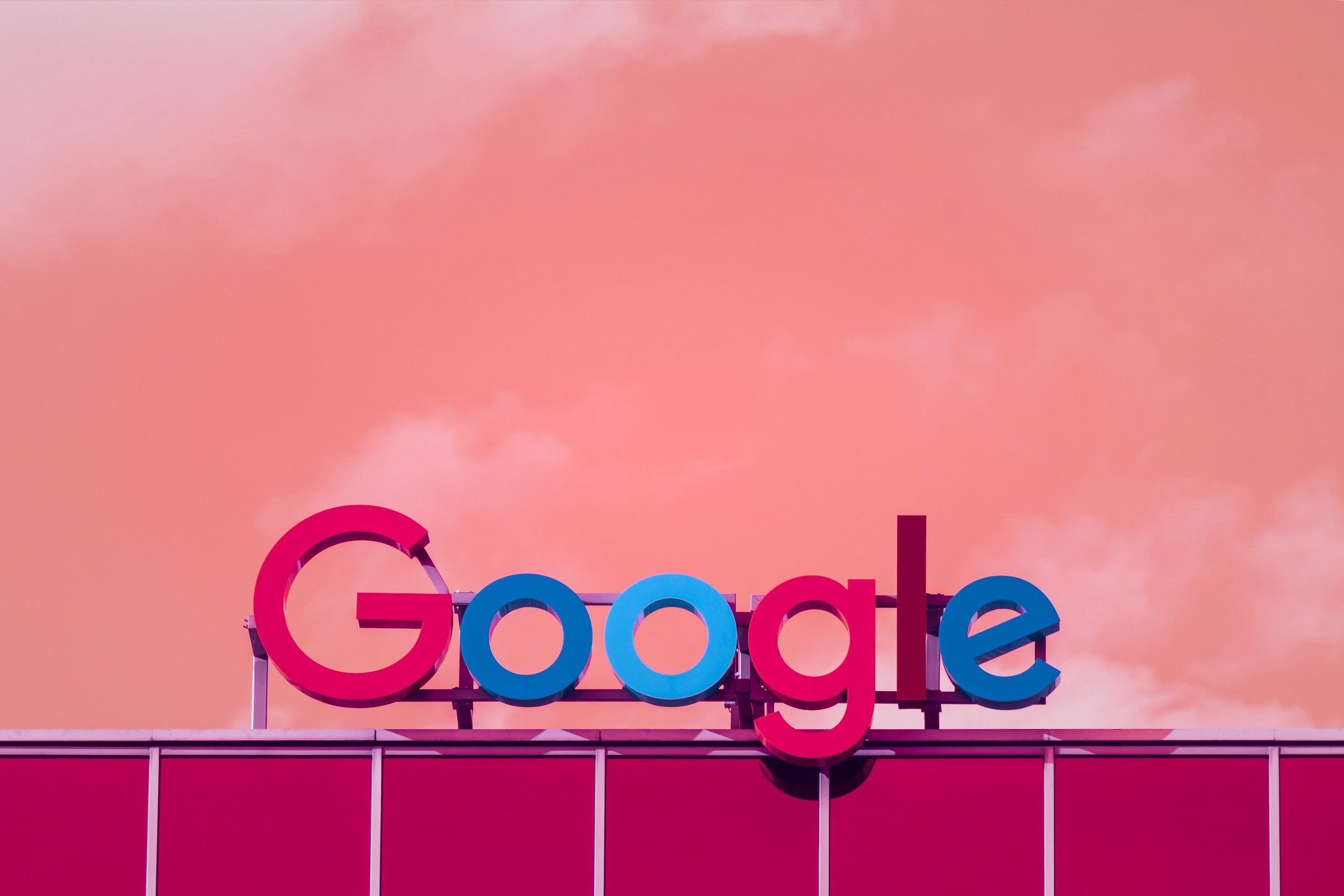Nearly forty years into the modern Internet, we’ve just crossed the threshold where 50% of the world is online. Providing Internet access to the remaining 50
Although, we’d like to think they’re doing it out of basic human
Establishing Digital Colonies in the Internet’s newest landscapes will be very lucrative. Billions of dollars in advertising revenue will be
Facebook’s, Digital Colonization efforts, are primarily based through an initiative called Free Basics – which is a partnership with six companies (Samsung, Ericsson, MediaTek, Opera Software, Nokia and Qualcomm) to bring affordable access to selected Internet services to places such as – Kenya, Zambia, Bolivia, Colombia, and nearly 20 other countries. However, the fact that they limit
Google’s, digital colonization efforts, start by providing developing nations with a more basic version of YouTube, that doesn’t require as much Internet data to run. One of their Digital Colonies, India, has proven to be wildly successful. Over 80% of Internet users in India currently use YouTube. This amounts to over 225 million active Indian YouTube viewers. This number is expected to grow to 500 million by 2020.
T-Series, which is an Indian music record label and film production company, operates a Youtube channel which is (at the time of writing this):
- The most viewed YouTube channel on Earth with 61 billion total views. (WWE is the next largest with 29 billion views.)
- T-Series is also the second most subscribed to channel on Earth with over 85 million subscribers. (Just 65,000 subscribers behind the largest channel.)
The rare times when I glance over and see Ryan procrastinating in the office, I often see him
Watching someone cook a meal on the other side of the world, via an Internet connection, was unfathomable just 20 years ago. In a way, that’s what’s incredible about connecting the world. But, there’s also an ethical dilemma at play.
Already a future thinker?
Then become a friend.
Is Digital Colonialism Best for Them?
Renata Avila, a Senior Digital Rights Advisor to the World Wide Web Foundation, points out in here article “Resisting Digital Colonialism” that:
When I think of people in my own country, Guatemala, many don’t have other ways to access information beyond their villages – where even basic utilities like electricity are lacking. If we, the connected and privileged, campaign against companies offering free connectivity, that means people could be disconnected from the global sphere – at least in the short term. But is it real connectivity, if you only visit a few websites and communicate with people you already know? Is the Internet empowering if you cannot create, innovate or collaborate without maximizing the wealth of someone else?
Without Digital Colonialism, you allow for citizens to develop technologies that fit the needs and lifestyles of their countrymen. You keep that economic dollar circulating within the nation. But you also greatly slow down the time it takes to bring people online.
With Digital Colonialism, you swiftly bring small businesses and creatives on the Internet and allow them to reach a new market instantly. You connect remote peoples with
Clearly, this is a touchy topic. There’s no simple answer, as there are so many factors at play. This is why we’d like to hear from you. Please head over to the community and drop your thoughts on this topic.
